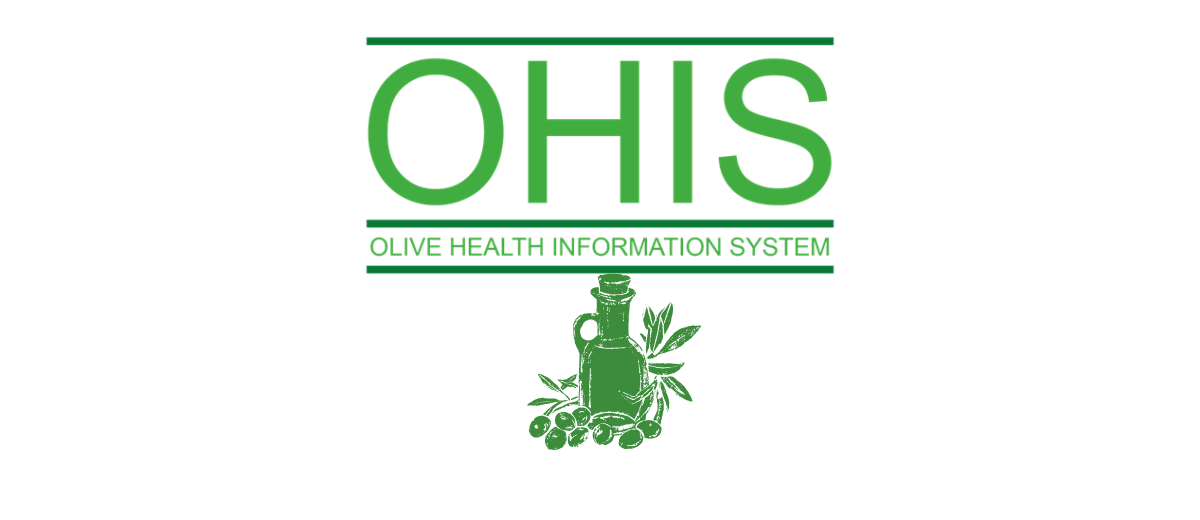This week on the Olive Health Information System website
The newsletter of the University of Navarra and the IOC dedicated to health
The Mediterranean diet has long been associated with a reduced risk of noncommunicable diseases, thanks in part to its key components – most notably, extra virgin olive oil. Rich in phytochemicals and healthy fats, olive oil has demonstrated numerous health benefits, particularly for liver health. The PREvención con DIeta MEDiterránea (PREDIMED) study explored the relationship between adherence to the Mediterranean diet and metabolic dysfunction-associated steatotic liver disease, as measured by the hepatic steatosis index (HSI). In this five-year study involving 3,145 participants, those who followed the Mediterranean diet supplemented with extra virgin olive oil showed significantly lower HSI scores (β = −0.620, 95% CI: −1.077, −0.164) compared to those following a low-fat control diet. These findings suggest that olive oil’s antioxidant, anti-inflammatory, and hepatoprotective properties may play a central role in these beneficial effects.
Beyond liver health, emerging research highlights the broader metabolic benefits of dietary patterns rich in fiber, such as the Mediterranean diet. Recent studies have shown that gut microbiota, which ferments dietary fiber into metabolites such as short-chain fatty acids, plays a key role in regulating metabolic and inflammatory pathways. A prospective cohort from the Di@bet.es study found that higher circulating levels of short-chain fatty acids, associated with greater intake of fiber-rich foods, predicted a lower risk of developing type 2 diabetes over a seven-year follow-up period. These findings reinforce the importance of whole dietary patterns, rather than isolated nutrients, in chronic disease prevention.
In summary, growing evidence supports the health-promoting potential of the Mediterranean diet and its signature elements, such as olive oil and dietary fiber. Still, further well-designed randomized controlled trials are needed to confirm these benefits and define optimal intake levels.
Other articles mentioned this week in the OHIS newsletter:
Olive Fruit
Genetic markers of olive fruit weight selected to be used in breeding experiments
Type 2 Diabetes
Mortality
Food biodiversity and mortality in older Mediterranean adults with high cardiovascular risk.
Liver Disease
Sustainable Dietary Patterns
Cardiovascular Disease
Children
Others










